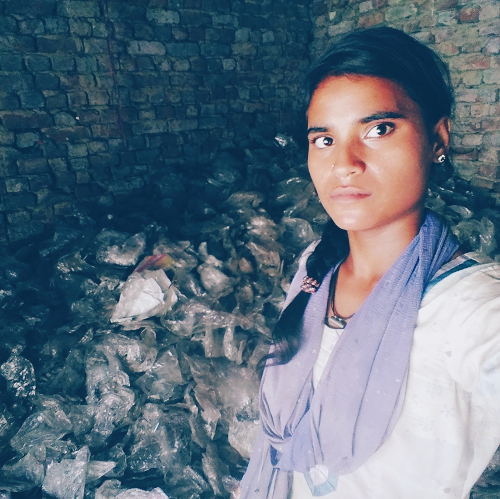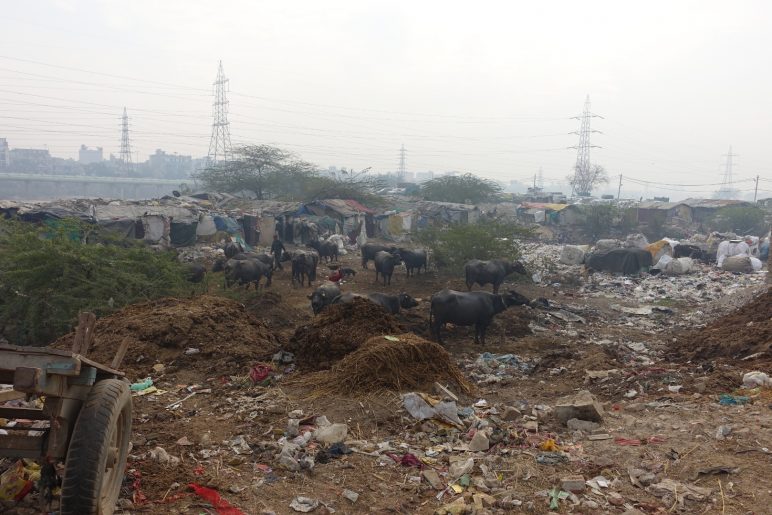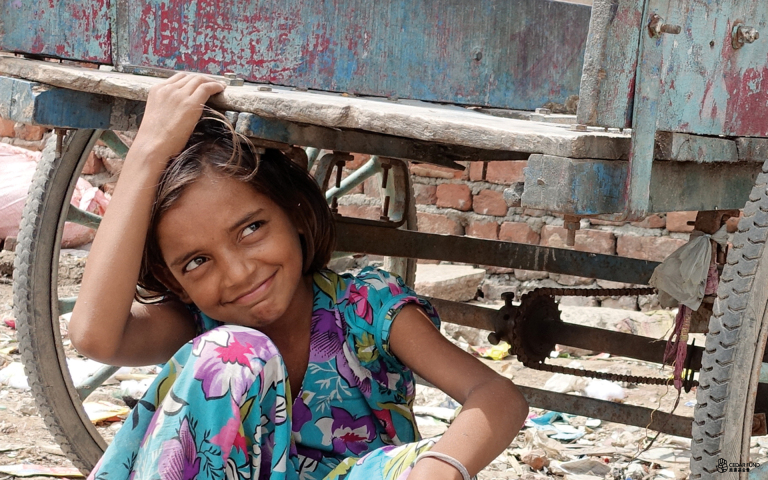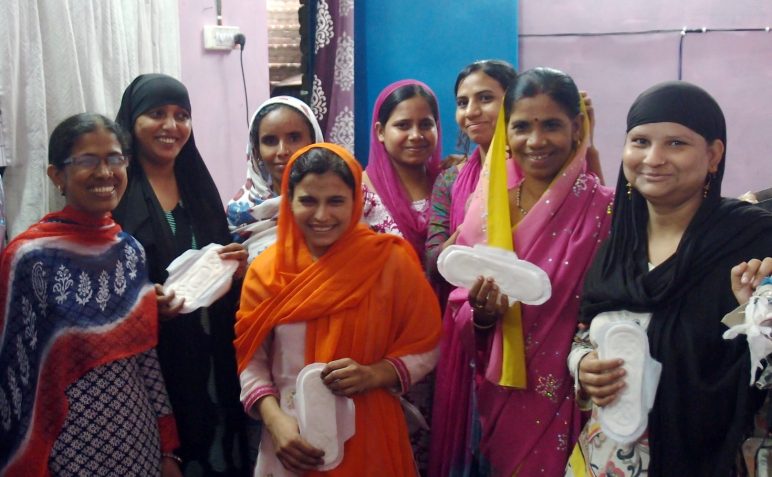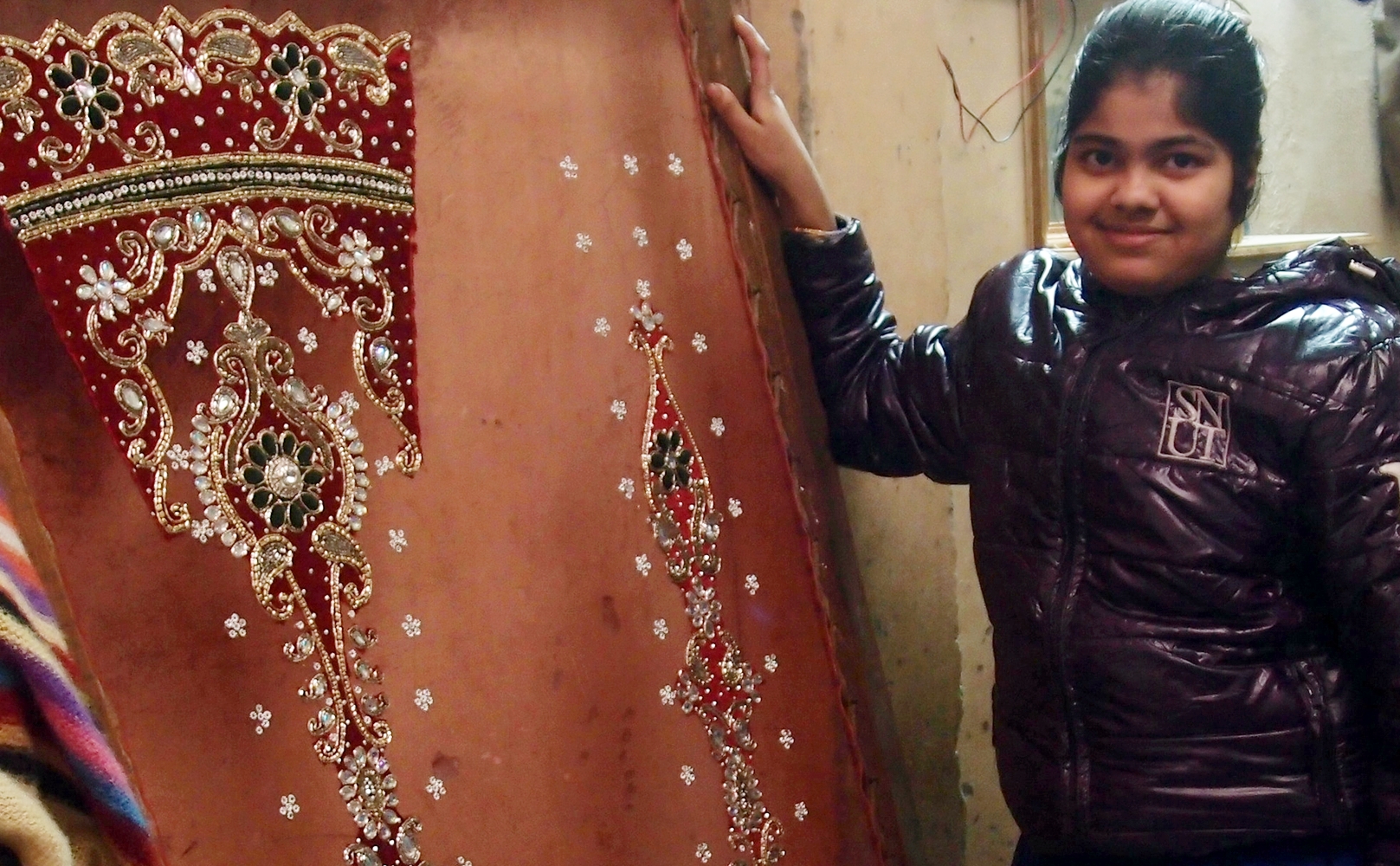[“SHARE” OCT – DEC 2018 ] JOIN HANDS JOIN HEARTS
Every individuals should be entitled to basic human rights, no matter adults or children. However, in reality, millions of children are far from having their rights secured. Children’s rights is not just an ideology, but are about children’s survival, children being free from any form of abuse and exploitation, children’s entitlement to education, children’s freedom of expression and their rights to enjoy social and cultural lives.
Continue reading Julie who Does Not Give In to Circumstances





